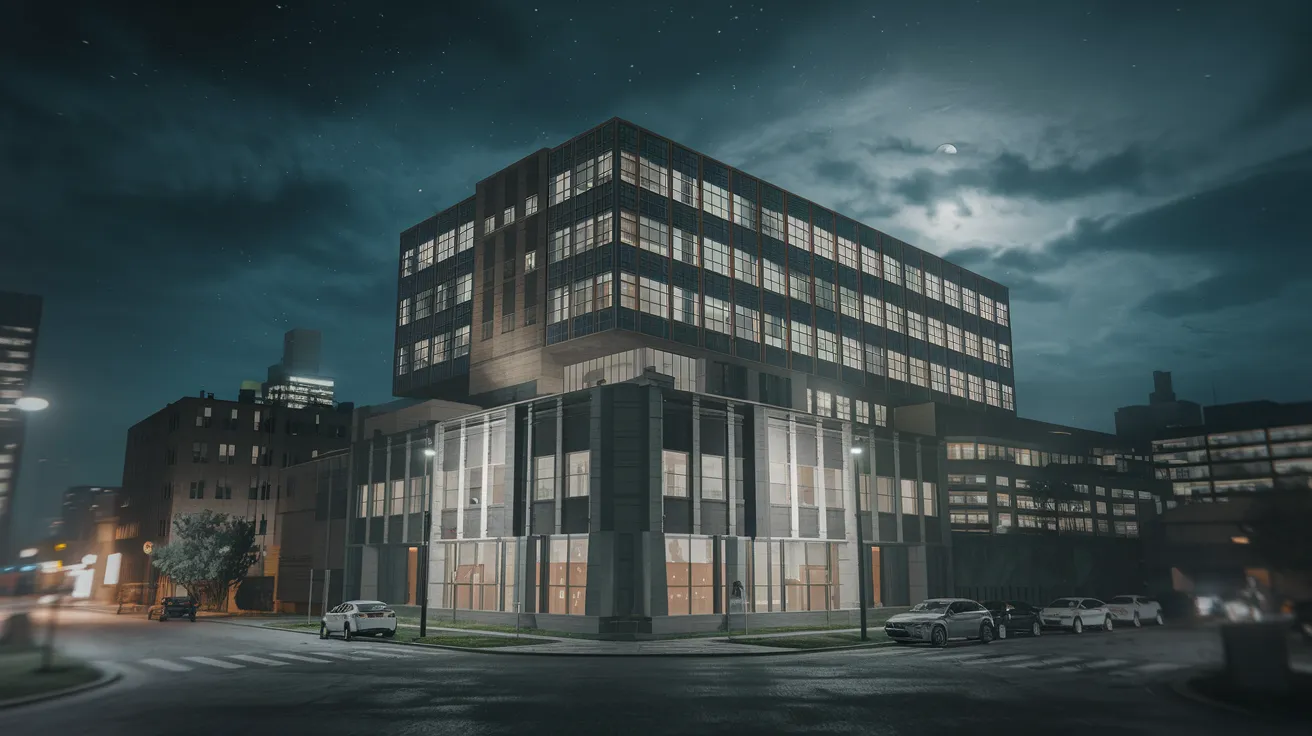Creative Workers Share Fears and Hopes About AI

The swift rise of artificial intelligence (AI) is transforming the landscape for creative professionals, with many voicing their concerns and hopes about the technology. Oliver Fiegel, a 47-year-old photographer from Munich, recently encountered a troubling visual: a front-page image in a German newspaper that showcased a boy chasing a football on a pitch. However, elements of the image, such as floating wildflowers and misshapen hands, indicated that it was generated by AI, highlighting the challenges faced by skilled creatives like Fiegel.
Having invested years in honing his photography craft, Fiegel expressed frustration at generative AI tools that offer faster, cheaper outputs yet often with inferior quality. He described the impact of AI as “devastating,” stating, “It’s happening very fast.” Compelled to diversify his income due to dwindling photography opportunities, Fiegel is now contemplating a new venture in the natural wine industry.
Job Market Disruption
The International Monetary Fund revealed that approximately 60% of jobs in advanced economies like the UK, Germany, and the US are at risk from AI technologies, with about half of those roles potentially facing negative impacts. In the UK, projections suggest AI could displace as many as 3 million jobs in the private sector, although some of these losses might be mitigated by the creation of new roles in an evolving economy.
Transformations in the Translation Industry
With similar concerns, Karl Kerner, a translator working primarily with nonfiction texts, lamented the dramatic reduction in work requests since the rise of AI-driven translation tools. “This AI has come like a tsunami,” he noted, conveying his sense of loss regarding his professional identity. While he has pivoted to work in an agriculture consultancy, he still utilizes technology to enhance efficiency in his remaining translation tasks, reflecting an adaptive approach to the evolving landscape.
Positive Applications of AI
Conversely, some professionals are finding ways to integrate AI into their work positively. Alexander Calvey, a locum GP in Surrey, shared how using an AI scribe for note-taking has freed him to focus more on patient care, allowing him to increase his patient load. Similarly, Paul, a university researcher, described how the ChatGPT chatbot aids in literature summarization and brainstorming, despite his concerns about data privacy and corporate control of AI.
Industry Reactions and Future Considerations
The UK Prime Minister, Keir Starmer, advocates for AI to enhance productivity and economic growth. However, the Trade Union Congress (TUC) has urged for governmental action to safeguard creative industry workers from potential job losses. Freelance illustrator Jenny Turner articulated the rapid decline in commission demand coinciding with AI image tools’ release, voicing her dismay that she can no longer compete with AI-generated artworks priced significantly lower than her handcrafted pieces.
Reflecting on the profound implications of these technologies, Turner stated, “If that happens in everything, how many people are not going to have jobs?” The testimonies from various professionals—photographers, translators, GPs, and illustrators—underscore a critical dialogue about the future of work and creativity in the face of AI advancements. As the tech landscape evolves, understanding how to leverage these tools responsibly while preserving human creative input will be essential for sustaining these vital professions.